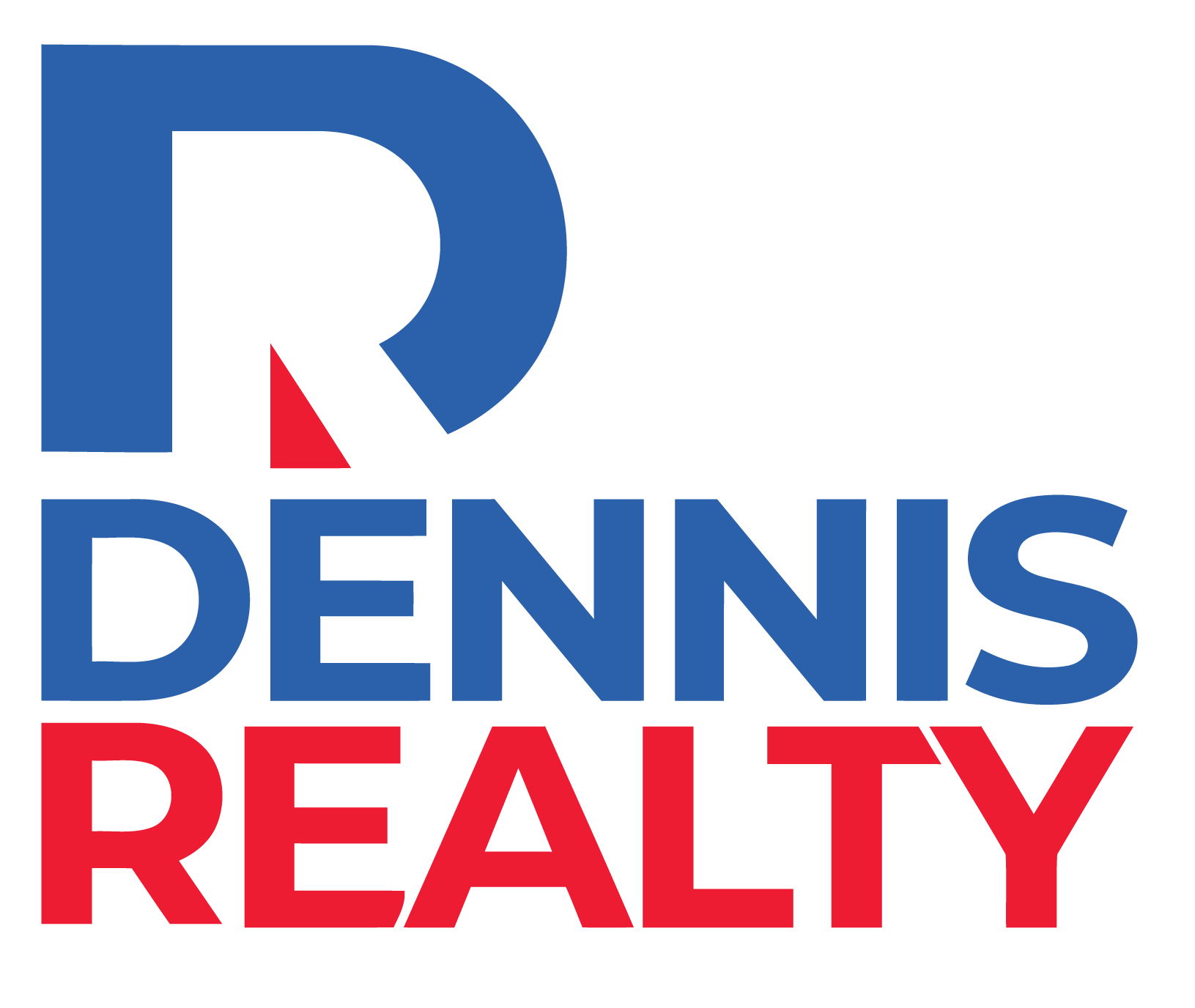.jpg)
Key Takeaways
- Use phone calls for emergencies or when clarity and urgency are important.
- Emails are best for sending documents, official updates, and keeping records.
- Text messages are ideal for short, time-sensitive reminders and quick confirmations.
If you’ve ever wondered whether to call, text, or email your tenants, you’re not alone. Communicating effectively with tenants is essential for keeping your rental business running smoothly, building strong relationships, and avoiding misunderstandings.
With so many available ways to connect, such as phone calls, texts, and emails, it’s important to choose the right one for each situation. Dennis Property Management breaks down the best ways to communicate with tenants, when to use each method, and how to keep your interactions professional and efficient.
CONTACT US TODAY FOR MORE INFORMATION
Contact Us
Why Communication Matters for Landlords
As a landlord, you juggle rent collection, maintenance requests, lease renewals, and more. Clear communication can make or break these responsibilities.
A timely, well-crafted message can prevent missed payments, resolve issues faster, and improve tenant satisfaction, leading to fewer vacancies and stronger long-term results.
.jpg)
Each communication method has its own benefits. Your choice should depend on both the situation and your tenants’ preferences in order to keep your tenants happy. Here’s how to make the most of each method.
Phone Calls: The Personal Touch for Urgent Matters
Phone calls are your best option when immediate action or a personal conversation is required. They provide clarity and help prevent miscommunication, especially when dealing with emergencies or sensitive topics.
When to Call Tenants:
Phone calls are ideal in situations where urgency, tone, or a direct response matters.
Emergencies: In cases like burst pipes or power outages, a call is the fastest way to coordinate a response and ensure tenant safety.
Courtesy Reminders: A brief call to remind tenants about regular property inspections, rent due dates, or scheduled maintenance can help avoid delays or misunderstandings.
Clarification: If a tenant’s email or text is unclear, a quick call can provide clarity and help you address the issue right away.
Tips for Effective Calls:
Use these tips to ensure your phone communication is professional and productive.
Be professional: Start by identifying yourself and clearly stating your reason for calling.
Leave detailed voicemails: If tenants don’t answer, leave a complete message so they know how to respond.
Respect business hours: Avoid calling outside of normal hours unless it’s urgent.
Use a friendly tone: Politeness and warmth build rapport and help foster better relationships.
.jpg)
Phone calls can be time-consuming, and some tenants may find them intrusive. Since they don’t create a written record, always follow up with an email to summarize any important points.
Emails: The Formal Option for Documentation
Emails are best for official, detailed communication that needs to be saved for future reference. They are great for sharing documents, tracking conversations, and handling matters that aren't time-sensitive.
When to Email Tenants:
Email is the most appropriate method for longer messages or communications that require a paper trail.
Official Notices: Use email for rent increases, lease renewals, inspection schedules, and other formal notices.
Routine Updates: Inform tenants of new rules, scheduled maintenance, or community news.
Sharing Documents: Email is ideal for sending lease agreements, payment receipts, or inspection reports.
GET TO KNOW OUR PROPERTY MANAGEMENT SERVICES
Management Services
Tips for Effective Emails:
Follow these tips to ensure your emails are clear and effective.
Use clear subject lines: Let tenants know exactly what the message is about right away.
Keep messages concise: Avoid long blocks of text. Use short paragraphs and get straight to the point.
Include contact details: Add your full name, phone number, and any relevant property information in the signature.
Double-check attachments: Make sure attached documents are accurate and formatted correctly.
Send messages during daytime hours: This ensures your message is received and read promptly.

Emails are perfect for clarity and record-keeping, but may go unnoticed if tenants don’t check their inbox regularly. They also lack the immediacy of a call or text.
Text Messages: Quick and Convenient for Brief Updates
Texting is one of the fastest and most direct ways to reach tenants. It's ideal for non-complex messages where a quick response is helpful or expected.
When to Text Tenants:
Use texting for reminders or confirmations that don’t require much explanation.
Rent Reminders: A quick message before rent is due can improve on-time payments.
Maintenance Notices: Let tenants know when service will occur or confirm upcoming appointments for preventative maintenance.
Appointment Confirmations: Texts are a convenient way to confirm or adjust inspection times and repair schedules.
Tips for Effective Texting:
Follow these best practices to keep your texts professional and respectful.
Get permission: Be sure you have tenants’ consent before texting them. Include a clause in your lease agreement if needed.
Keep it short and clear: Avoid slang or abbreviations. Use full sentences for clarity.
Maintain a professional tone: Even though texting is informal, your tone should still reflect professionalism.
Respect hours: Only text during business hours unless there’s an emergency.
Add helpful links: If you offer online rent payment, include a direct link for added convenience.
Texts are great for efficiency, but they aren’t appropriate for legal matters or complex issues. Use them for convenience, not as a substitute for more formal communication.
Finding the Right Balance
There’s no one-size-fits-all approach to landlord-tenant communication.

The best results come from using a combination of methods tailored to the situation and your tenants’ preferences.
Use phone calls when time is critical or when issues require a personal touch.
Use emails for documentation such as sending the lease agreement, official communication, and longer updates.
Use texts for brief updates, reminders, and confirmations.
If you want to save time and maintain consistency, consider using property management software that allows you to send emails or texts with pre-written templates. These tools help streamline communication while keeping a professional tone.
FIND OUT MORE ABOUT US
About
Bottom Line
Choosing the right communication method improves your efficiency and helps build strong, reliable relationships with tenants. Whether you’re resolving issues, sending reminders, or sharing important updates, clear communication is essential to a smooth rental experience.
At Dennis Property Management, we know just how important professional tenant communication is. Whether you manage one rental or an entire portfolio, we’re here to help you simplify your communication, reduce confusion, and keep your tenants happy.
Need help improving tenant communication? Contact Dennis Property Management today.














